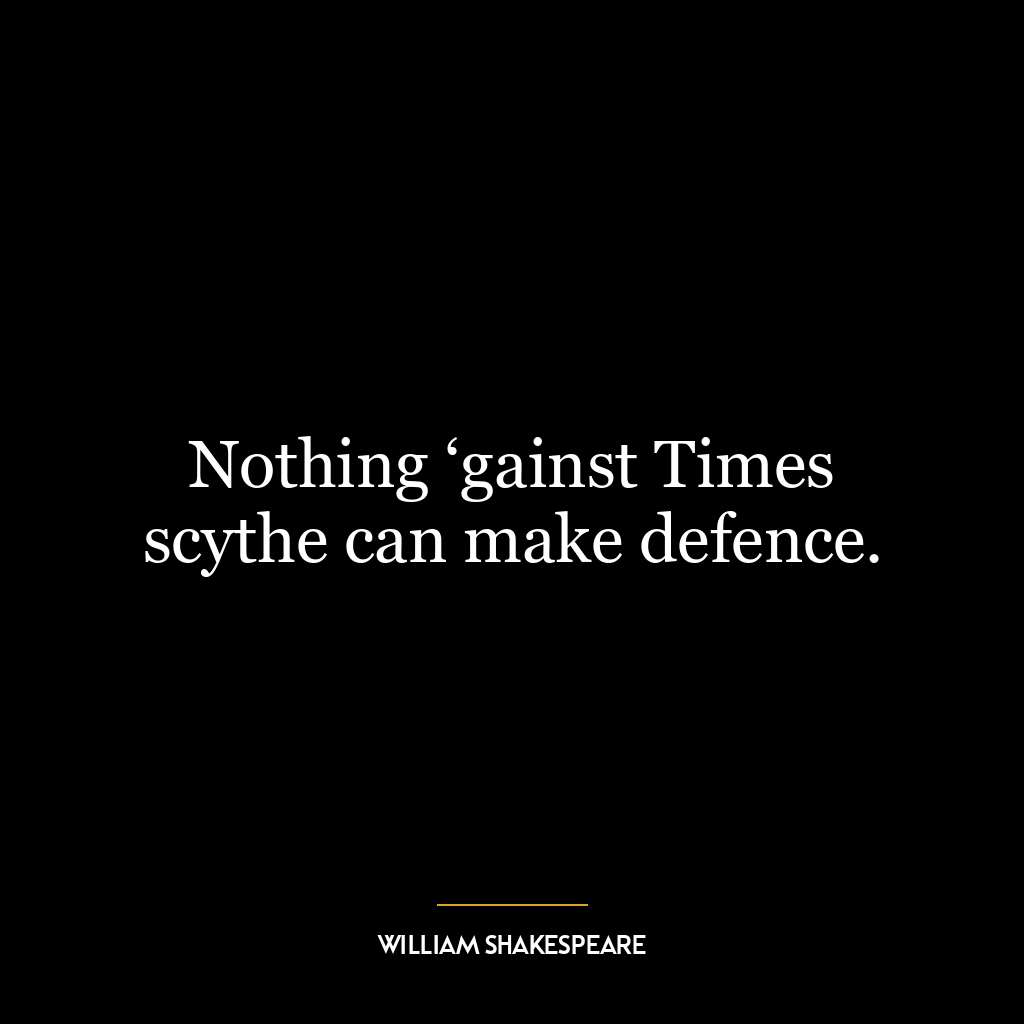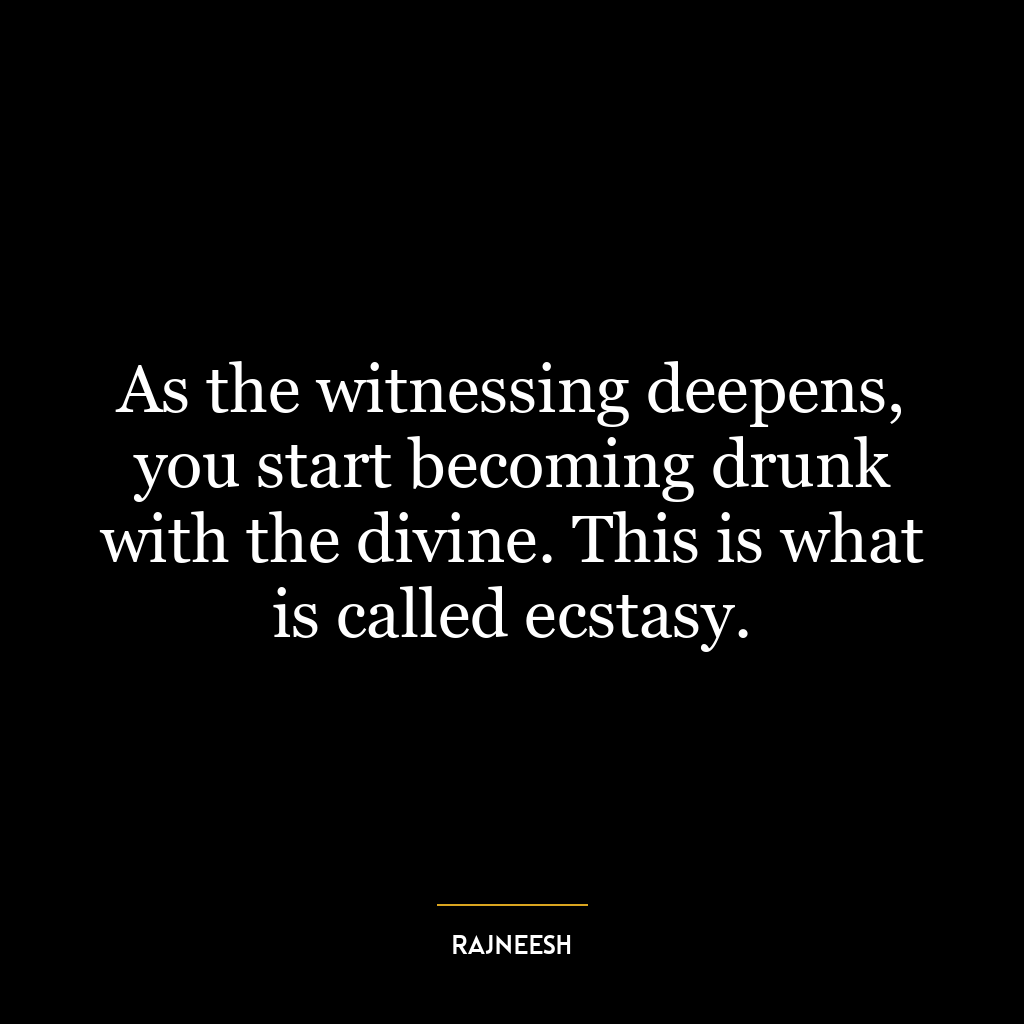'Demon' Quotes
Demon Quotes’ refer to powerful and thought-provoking statements that evoke a sense of fear, darkness, and mystery. These quotes have been used throughout history to depict the inner struggles of individuals, the battle between good and evil, and the complexities of the human psyche. They have…Read More
Demon Quotes’ refer to powerful and thought-provoking statements that evoke a sense of fear, darkness, and mystery. These quotes have been used throughout history to depict the inner struggles of individuals, the battle between good and evil, and the complexities of the human psyche. They have been used by famous figures such as William Shakespeare, Edgar Allan Poe, and Friedrich Nietzsche to explore the darker aspects of human nature and to challenge societal norms. These quotes continue to inspire and influence individuals, reminding us of the constant struggle between our inner demons and our desire for redemption. They serve as a reminder to confront our fears and embrace our flaws, ultimately leading to personal growth and self-discovery.Read Less
Demon Quotes’ refer to powerful and thought-provoking statements that evoke a sense of fear, darkness, and mystery. These quotes have been used throughout history to depict the inner struggles of individuals, the battle between good and evil, and the complexities of the human psyche. They have been used by famous figures such as William Shakespeare, Edgar Allan Poe, and Friedrich Nietzsche to explore the darker aspects of human nature and to challenge societal norms. These quotes continue to inspire and influence individuals, reminding us of the constant struggle between our inner demons and our desire for redemption. They serve as a reminder to confront our fears and embrace our flaws, ultimately leading to personal growth and self-discovery.
5 Acclaimed 'Demon' Quotations and Sayings
Demon – Symbolic Value
The concept of a demon has been a part of human culture and mythology for centuries. Often depicted as malevolent, supernatural beings, demons have been used as symbols to represent various ideas and values. In this article, we will explore the symbolic value of demons and how they have been portrayed in different cultures and contexts.
Demon – Cultural and Historical Significance
The idea of a demon can be traced back to ancient civilizations such as Mesopotamia, Egypt, and Greece. In these cultures, demons were often seen as powerful, otherworldly beings that could influence human lives. They were believed to be responsible for causing illness, misfortune, and even death. In some cultures, demons were also seen as protectors and guardians, with the ability to ward off evil spirits.In Christianity, demons are often associated with Satan and are seen as the embodiment of evil. They are portrayed as tempters, luring humans into sin and leading them away from God. In contrast, in Hinduism and Buddhism, demons are seen as powerful but not necessarily evil. They are often depicted as deities or supernatural beings with their own agendas and motivations.
Demon – Common Themes in Motivational Contexts
In modern times, the concept of a demon has been used in motivational contexts to represent inner struggles and challenges. Demons are often seen as obstacles that must be overcome in order to achieve success and personal growth. This idea is reflected in popular phrases such as “conquering your inner demons” or “battling your demons.”In this context, demons can represent a variety of personal struggles such as fear, self-doubt, or addiction. By personifying these challenges as demons, individuals are able to externalize and confront them, making it easier to overcome them.
Demon – Portrayal in Art and Media
The concept of a demon has also been a popular subject in art and media. In literature, demons are often portrayed as powerful and alluring creatures, tempting humans with their promises of wealth, power, and pleasure. In movies and television, demons are often depicted as terrifying and malevolent beings, capable of causing chaos and destruction.In art, demons have been depicted in various forms, from grotesque and monstrous to beautiful and seductive. This reflects the different cultural and historical interpretations of demons and their symbolic value.
Demon – Impact on Understanding of Life and Society
The concept of a demon has had a significant impact on our understanding of life and society. In many cultures, demons have been used to explain the unexplainable, such as natural disasters or mental illness. They have also been used to justify moral codes and societal norms, with demons representing the consequences of deviating from these norms.In modern times, the idea of a demon has evolved to represent our inner struggles and challenges, highlighting the importance of self-awareness and personal growth. By personifying our struggles as demons, we are able to confront and overcome them, leading to a better understanding of ourselves and our place in society.In conclusion, the concept of a demon has a rich and complex history, with different cultures and contexts attributing different symbolic values to them. From ancient civilizations to modern motivational contexts, demons have been used to represent a variety of ideas and values, shaping our understanding of life and society. Whether seen as malevolent or powerful, demons continue to fascinate and intrigue us, making them a timeless and enduring concept in human culture.






